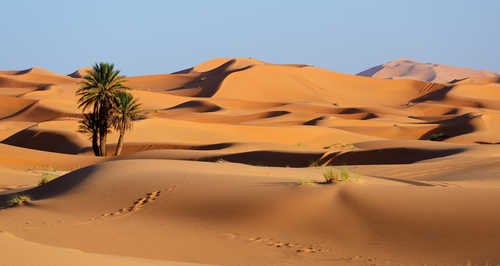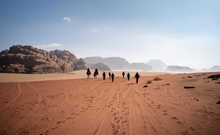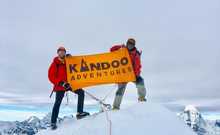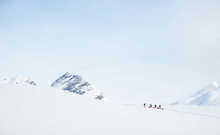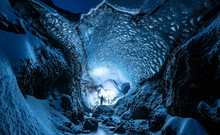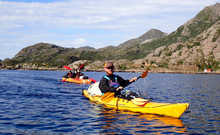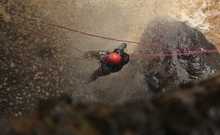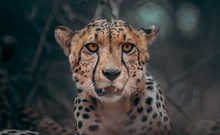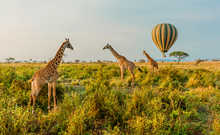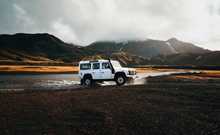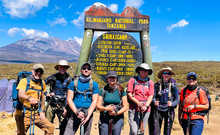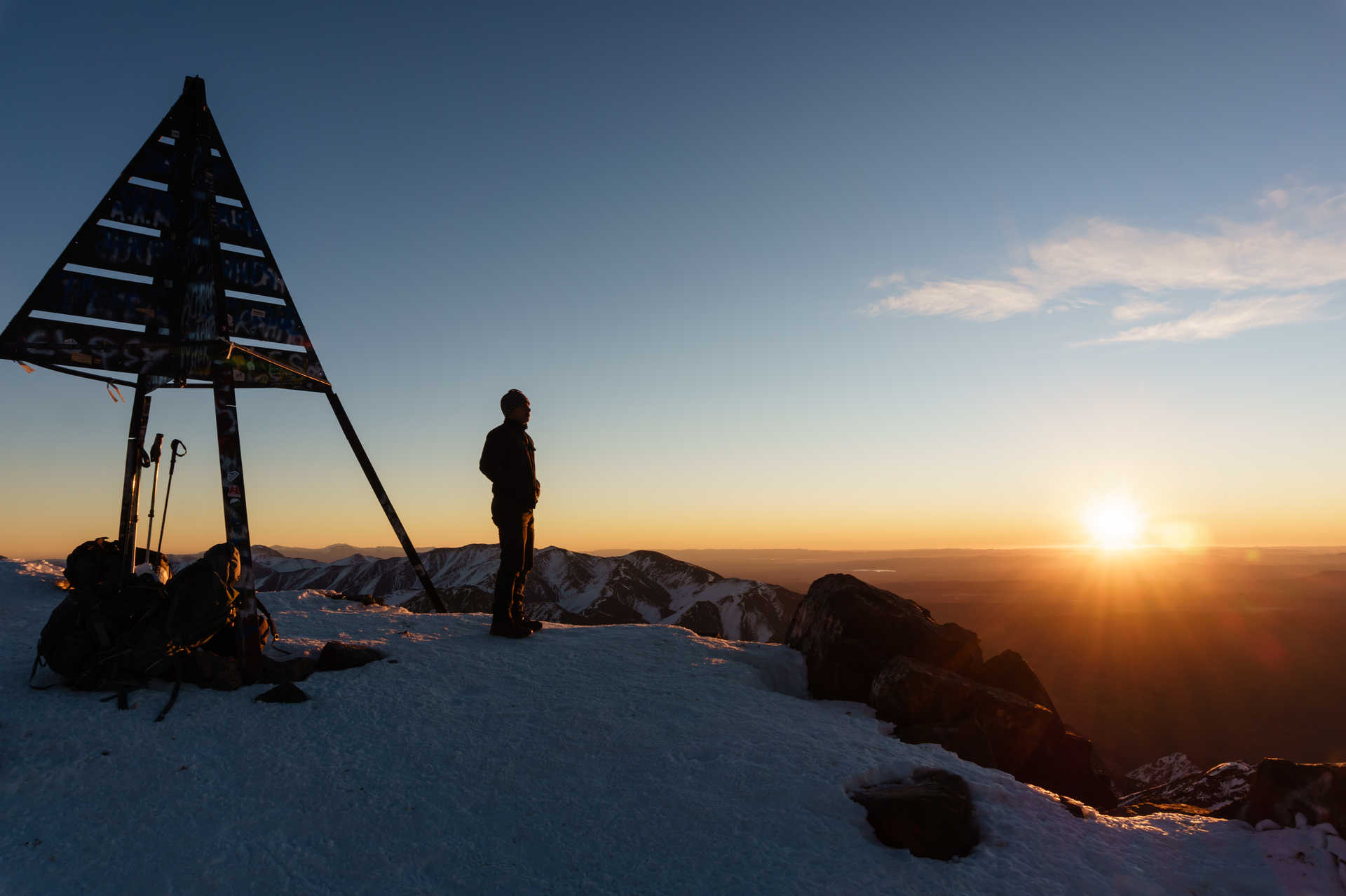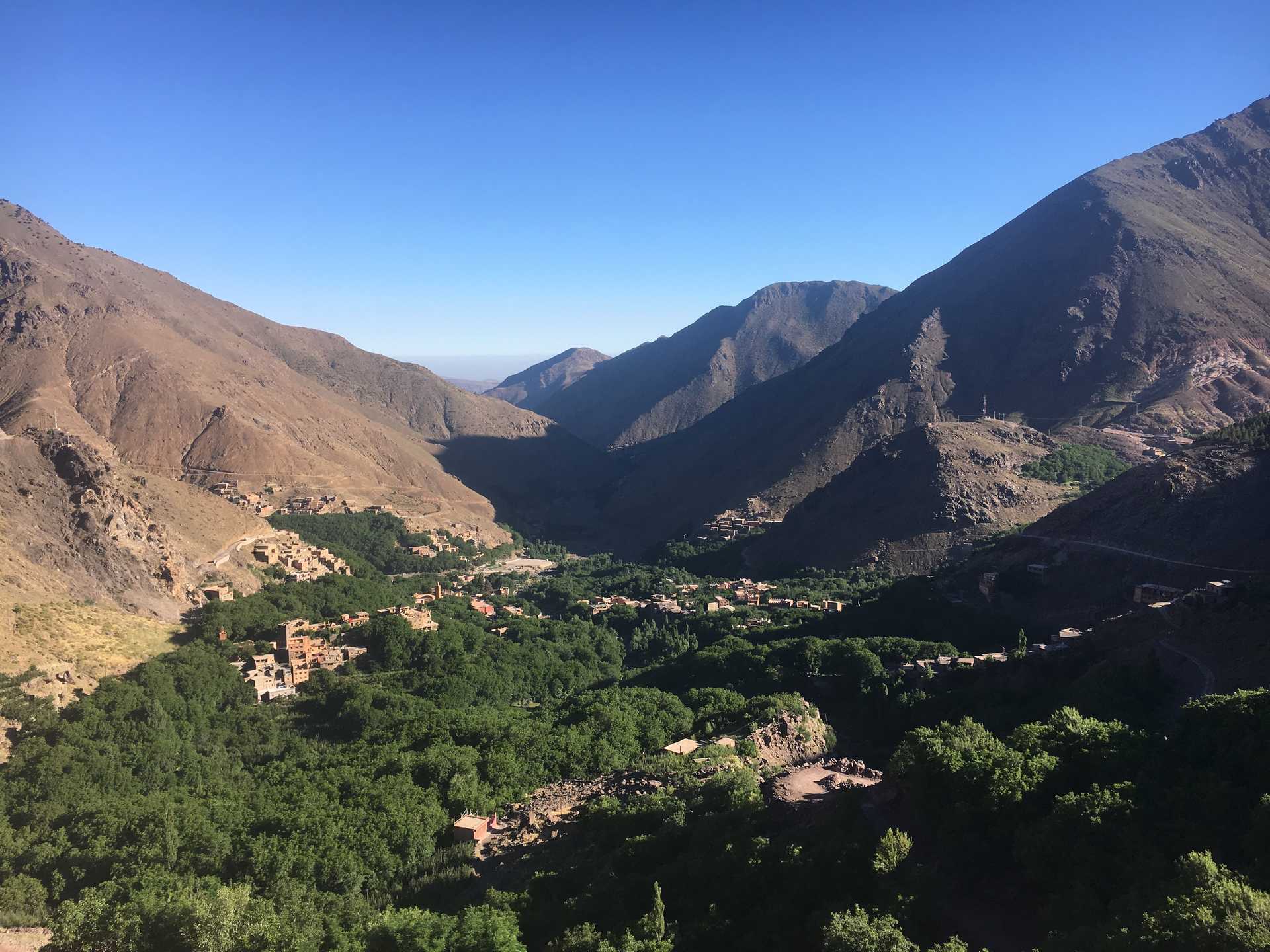Morocco is bordered by the Mediterranean Sea to the north,
the Atlantic Ocean to the west and the vast Sahara to the east and south making
it relatively isolated from the rest of the continent. In the far north of the country are the Rif
Mountains with a high point of 3290m. This system of peaks is connected with the Sierra Nevada in southern
Spain. The Atlas Mountains are divided
into three separate ranges, the Middle Atlas in the north, High Atlas running
through the centre of the country and the Anti-Atlas in the south.
Over 40 different ecosystems exist in Morocco harbouring
4000 plant species and over 400 bird species. The High Atlas has the most diverse ecosystem. The slopes are home to mountain gazelle,
bearded vulture, golden eagle and the highly elusive Moroccan leopard. Macaque,
lynx, nocturnal genet, red fox, and polecat are common in the Anti Atlas. In
the Sahara you can expect fennec, jerboa, snakes, scorpions and other insects.
